|
The Office of Global Education (OGE) is committed to nurturing our partnerships by building on existing ties with our Mainland and international academic partners, thus laying the foundations for deeper collaboration. We have continued to navigate the challenges brought by the COVID-19 pandemic in the 2021-22 academic year, and representatives from the OGE used virtual events, such as the Annual European Association for International Education (EAIE) Conference and Exhibition 2021, the Asia-Pacific Association of International Education (APAIE) 2022 and NAFSA 2022 Annual Conference and Expo, to interact with other institutions and explore opportunities for global collaboration.
The OGE has developed an extensive network of international partnerships that facilitate student mobility and engagement with the world beyond Hong Kong. LU enjoys exchange partnerships with over 260 leading institutions in 49 countries/regions.
New partner institutions, 2021-22
 France France
Burgundy School of Business
 Ghana Ghana
Akenten Appiah-Menka University of Skills Training and Entrepreneurial Development (non-exchange)
 India India
Ahmedabad University
 Korea Korea
Dong-A University
 Spain Spain
Universitat Internacional de Catalunya, Faculty of Economics and Social Sciences
 Turkey Turkey
Sabancı University
|
Amidst the pandemic, LU faculty members successfully conducted various virtual collaboration projects with our partner institutions. For example, by invitation from the Sejong Campus of Korea University, Prof Shalendra Sharma, Associate Vice-President (Academic Quality Assurance and Internationalisation), delivered a virtual lecture for the Crimson International Lectures series on 4 February 2022. His lecture “The Post-COVID World: Autocracies, Democracies and the New World Order” attracted more than 30 Korean undergraduate students. Prof Sharma discussed two interrelated questions that are the subject of extensive debate among political scientists. First, he discussed the relative merits of democratic, illiberal and authoritarian rule; specifically, which system had more effectively responded to COVID-19, and more broadly, which political system was better equipped to address deadly threats to collective human security, such as pandemics. Second, he discussed what the future holds for the post-WW2 liberal international economic and political order in the emerging post-pandemic world. The key architect and defender of this order is the world’s most powerful liberal democracy, the United States. The key challenger to this order is the world’s most powerful autocracy, the People’s Republic of China, which not only sees liberal ideals as an existential threat to its legitimacy but claims that the “China model” represents a viable alternative to Western liberal democracy. Drawing on the available evidence, including specific references to the United States, China and other countries, Prof Sharma both critically assessed the ongoing debates and presented their implications for the emerging world order.
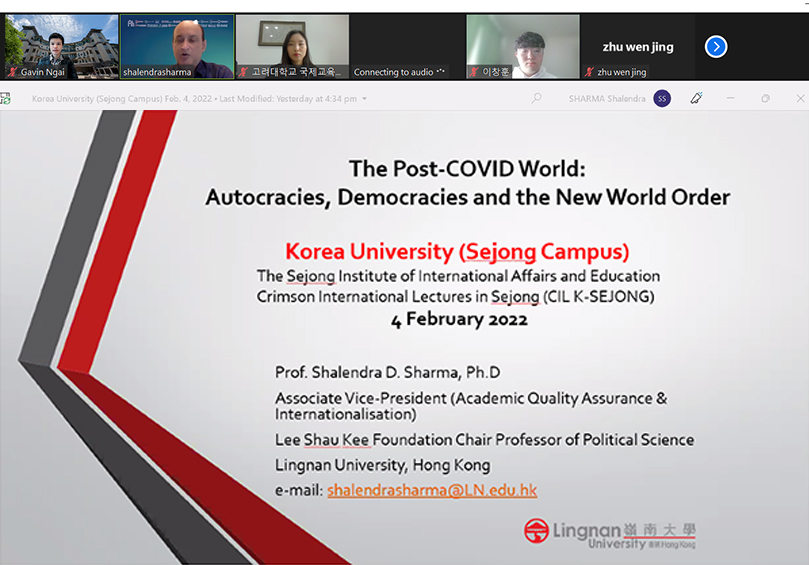
Prof Shalendra Sharma, Associate Vice-President (Academic Quality Assurance and Internationalisation) conducted a virtual lecture entitled “The Post-COVID World: Autocracies, Democracies and the New World Order”.
In Term 1, 2021-22, Prof Gizem Arat, Assistant Professor, Department of Sociology and Social Policy, successfully worked with Dr Browning Michael Neddeau, Assistant Professor, School of Education of California State University (CSU), Chico, on a Collaborative Online International Learning (COIL) project in Prof Arat’s course Ethnicity & Ethnic Minorities. This COIL project provided students with an international platform to discuss stereotypes found in public art and how to unpack stereotypes in their own work. By collaborating with our exchange partner in the US, nine LU students had the unique opportunity to learn about the roles that stereotypes play in societies other than their own. They gained insights and exchanged ideas with approximately 20 CSU students via innovative channels, which enabled them to learn from different perspectives.
|
|






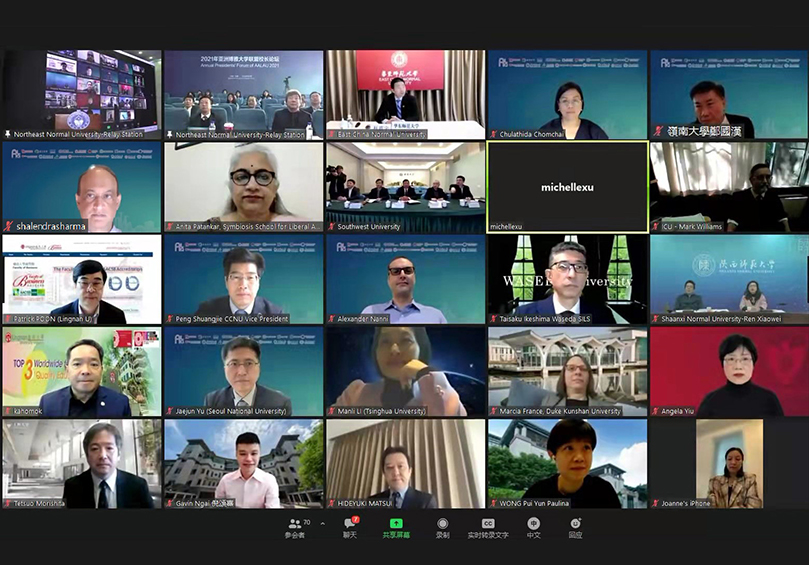
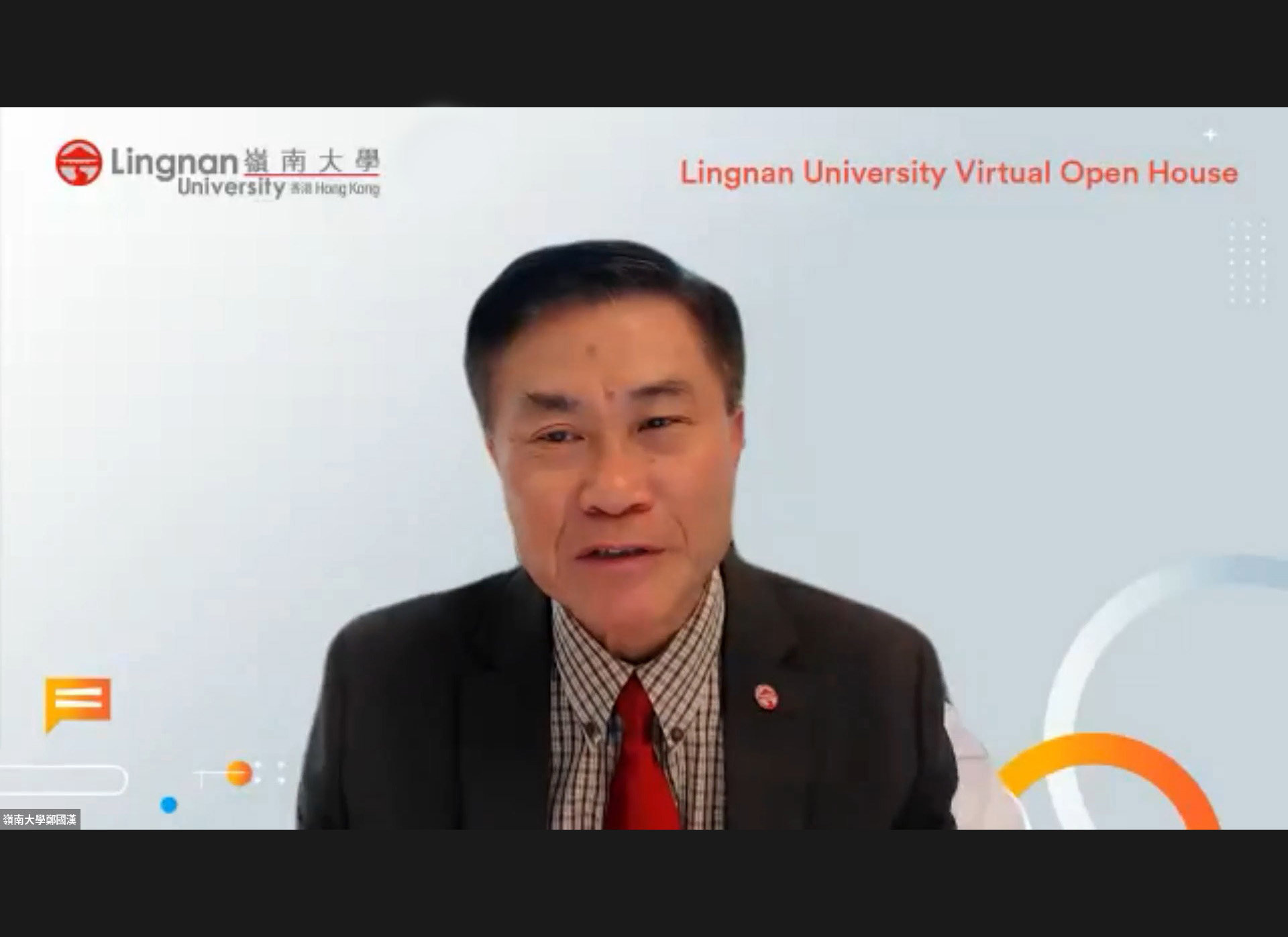
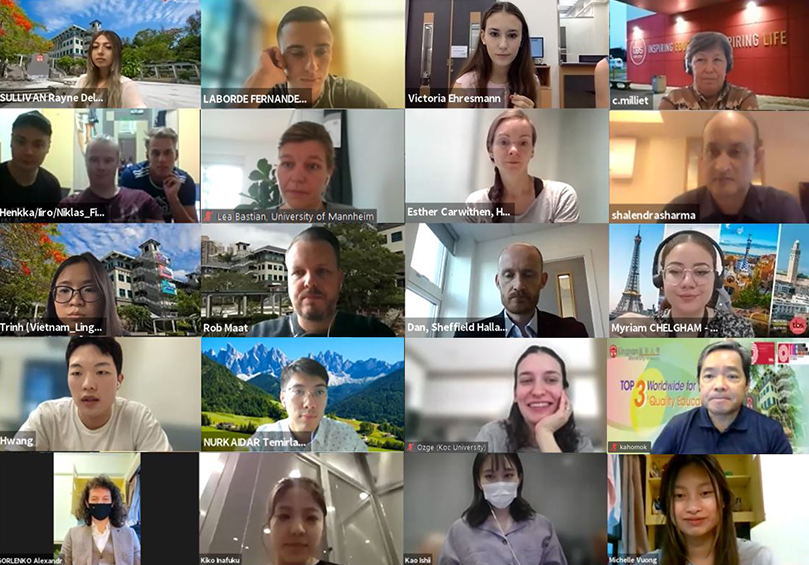
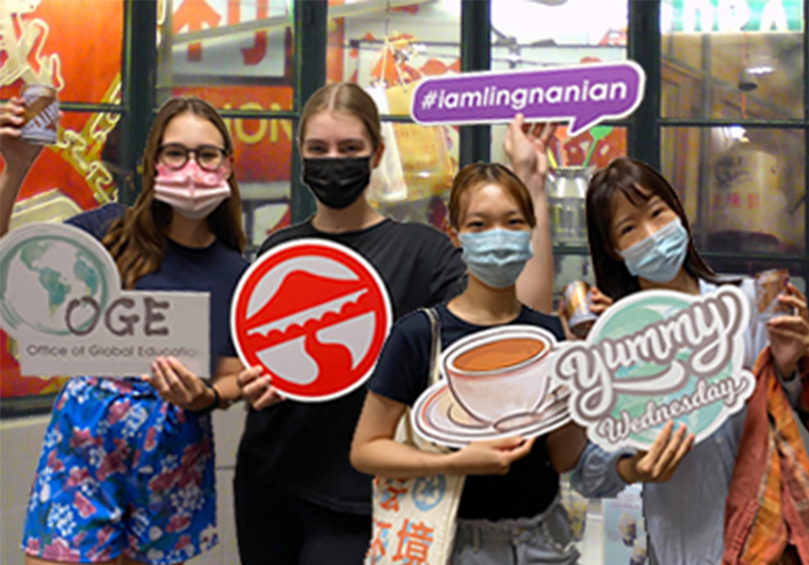
 France
France Ghana
Ghana India
India Korea
Korea Spain
Spain Turkey
Turkey